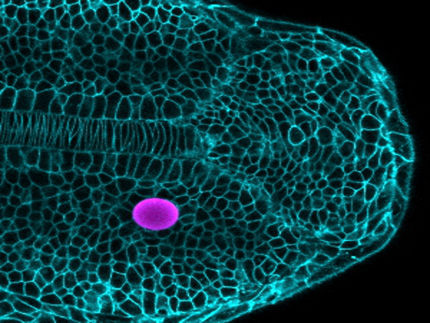Stem cells restore cognitive abilities impaired by brain tumor treatment, UCI study finds
Transplantation alleviates side effects of radiotherapy in rats
Advertisement
Human embryonic stem cells could help people with learning and memory deficits after radiation treatment for brain tumors, suggests a new UC Irvine study. Research with rats found that transplanted stem cells restored learning and memory to normal levels four months after radiotherapy. In contrast, irradiated rats that didn't receive stem cells experienced a more than 50 percent drop in cognitive function.
"Our findings provide the first evidence that such cells can be used to ameliorate radiation-induced damage of healthy tissue in the brain," said Charles Limoli, UCI radiation oncology associate professor and senior author of the study, appearing in the Proceedings of the National Academy of Sciences.
Radiotherapy for brain tumors is limited by how well the surrounding tissue tolerates the treatment. In receiving radiation at levels needed to treat tumors, patients suffer varying degrees of learning and memory impairment that can affect their quality of life.
"It's a progressive, debilitating side effect of cranial irradiation," Limoli said. "Any treatments showing promise at reversing this are worthy of pursuit."
In the UCI study, stem cells were transplanted into the heads of rats that had undergone radiation treatment. They migrated to a brain region known to support the growth of neurons, scientists observed, and developed into new brain cells. Work is under way to determine how the transplanted stem cells improved cognition: Did they integrate into healthy tissue or did they help repair and support existing brain cells?























































